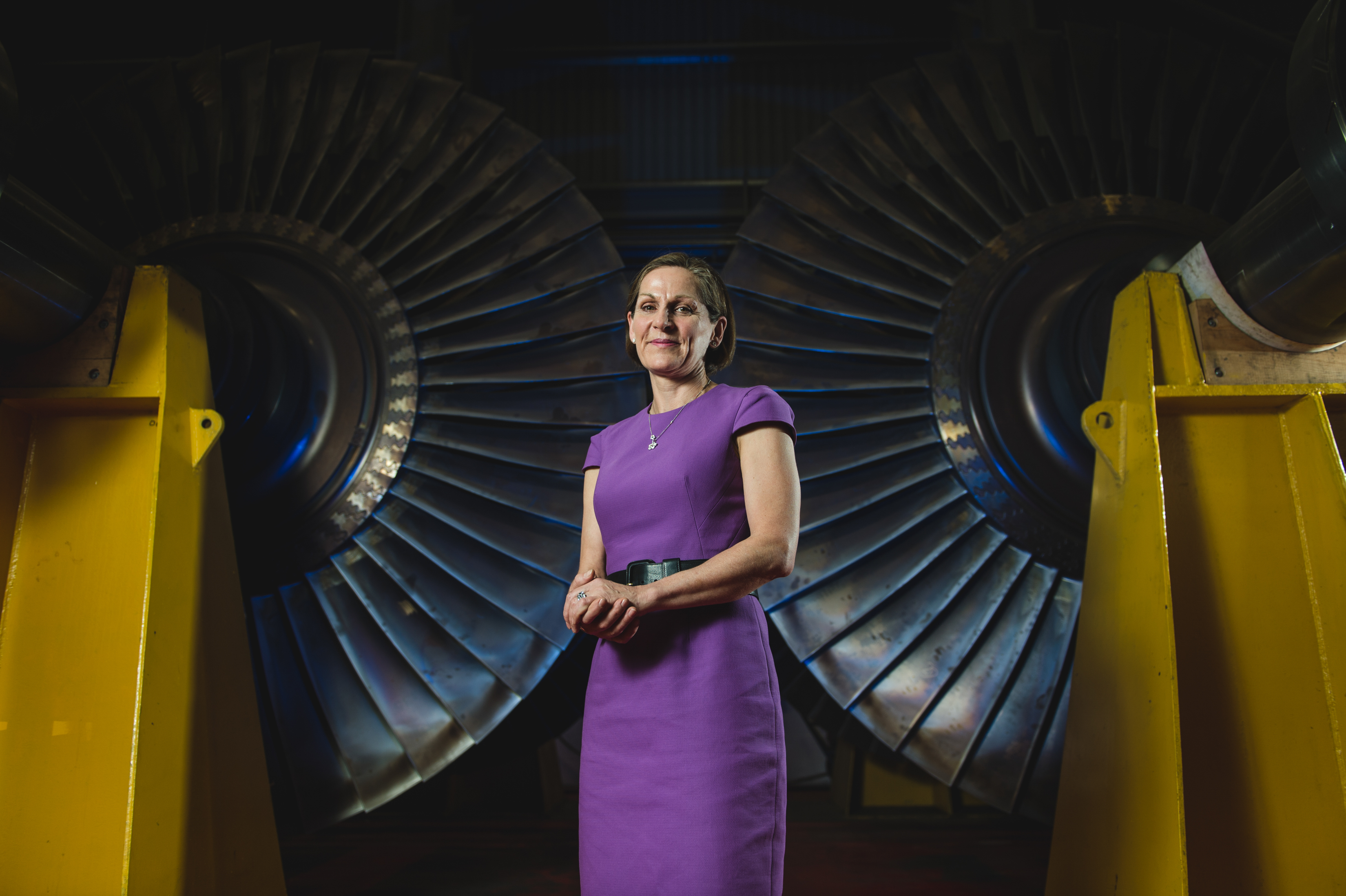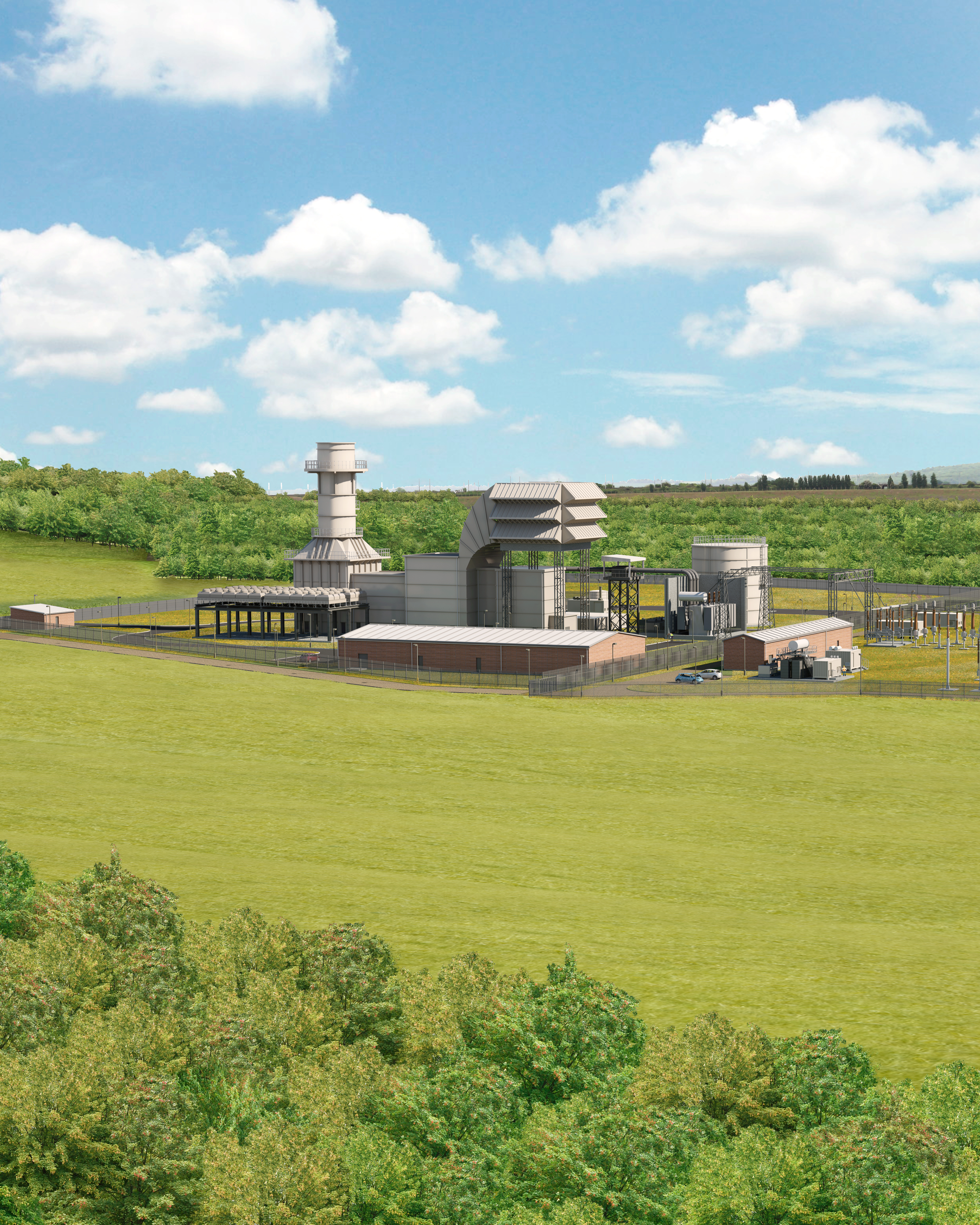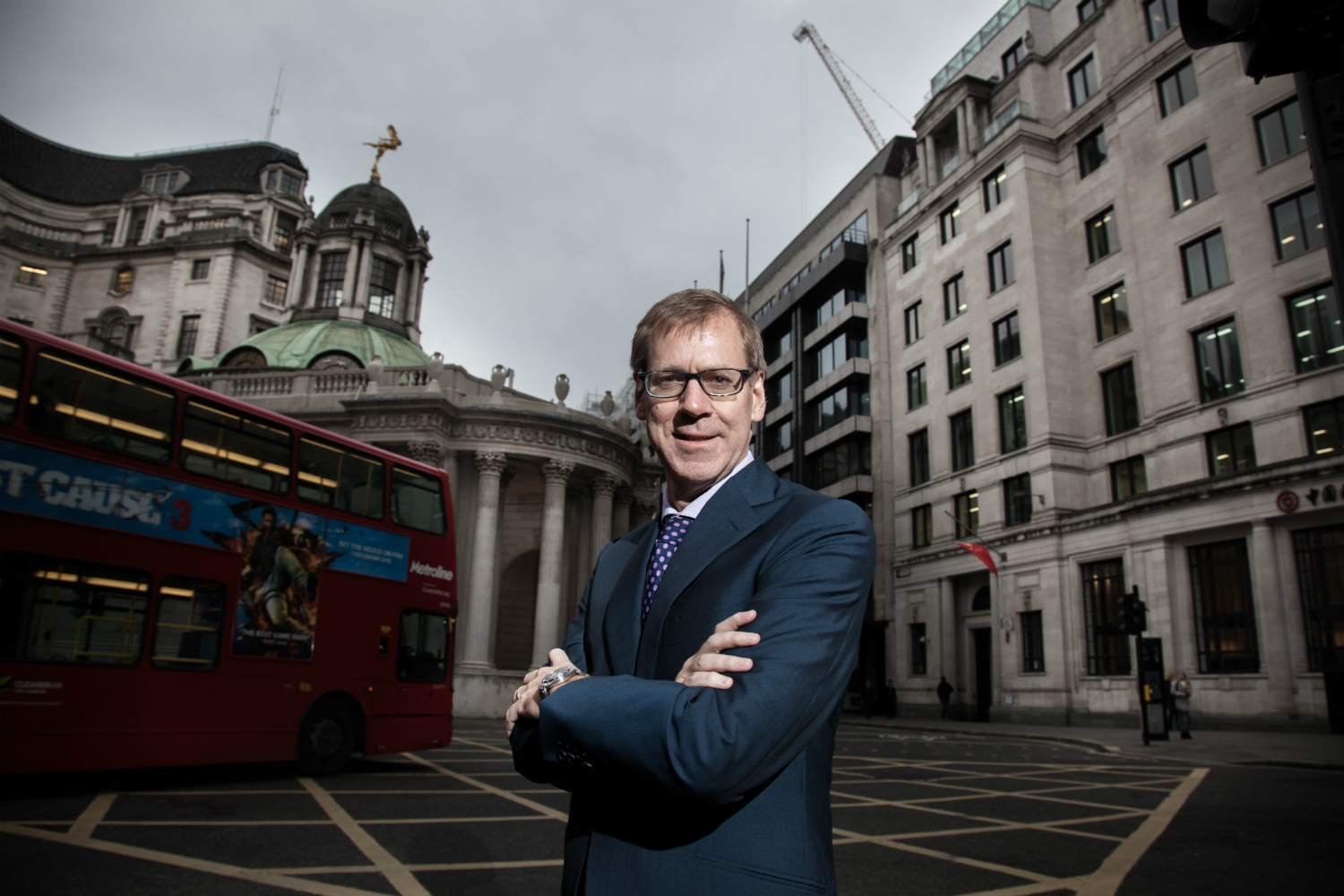
Today we released our financial results for 2015. I’ll be the first to admit that they are not good. What makes it all the more painful is that one of the strongest operational performances the business has achieved in the last decade, was more than wiped out by factors well outside of our control.
Let’s be frank, for any business operating in the UK energy market 2015 was a tough year. The deterioration in the commodity markets were some of the most severe I have seen in my career. This was then accompanied by a series of unexpected regulatory announcements which caused many to question the UK governments commitment to decarbonisation.
Like any CEO on results day I have spent this morning speaking to investors, journalists and financial analysts. Instead of focusing too much on what hasn’t gone our way in 2015, I’ve focused on where I think we can make a difference in 2016 and beyond, and I’ve been pleased with their positive reaction.
The affordable way to end coal
In November Amber Rudd announced the government’s proposal to consult on setting a clear end date for coal of March 2025. Given it still provides around 25% of the country’s electricity this is an ambitious target. Part of the solution is new nuclear and gas. But as a recent report by the Institute of Mechanical Engineers noted, the country will find it very hard to build enough new facilities to replace coal capacity in time.
Instead of having to take all the existing coal power stations off the grid and build new facilities, the country could use the world leading biomass technology that Drax has pioneered to upgrade some of them to use compressed wood pellets instead of coal. The economic consultancy NERA found that more biomass conversions are one of the most sensible ways for the UK to get off coal at the fairest price to the taxpayer. With the right support we stand ready to convert our remaining coal units to become a fully renewable generator.
Helping society and creating shareholder value
I fundamentally believe that Drax is making a valuable contribution in helping society deal with one of the most pressing issues of our time – cutting carbon emissions to limit climate change. We have an approach which is both affordable and reliable. So long as we remain operationally strong, which I am very confident about, then shareholder value will accrue.
Throughout 2016 and beyond, we will build on our expertise and continue to evaluate a range of longer term strategic options. I lead a strong business that will use the opportunities available to us to create value for our shareholders and help bring about a reliable, renewable future that we can all afford.











